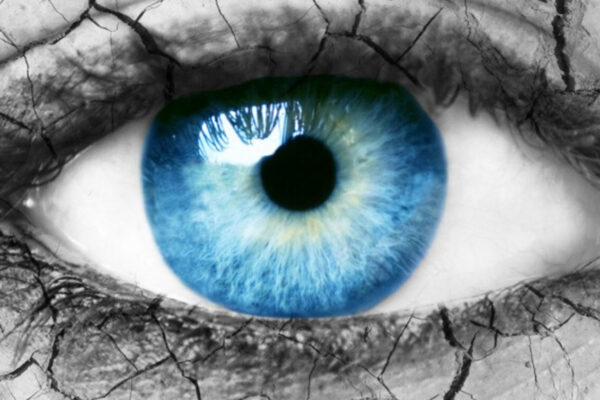Tips for Treating Dry Eyes
Dry eyes can be a constant source of pain, discomfort, and frustration. Our eyes require a healthy amount of moisture to operate; and when that moisture isn’t there, boy do we ever know it!
When the environment enters drier seasons, irritation from dry eyes will naturally tend to rise. However, not all dryness can be blamed purely on a lack of humidity. Chronic dry eyes can be a sign of an underlying condition that requires professional treatment.
If you are currently experiencing dryness, there may be some steps you can take at home to help. However, it’s also important to know when your condition is best left to expert care.
When Should You See Us for Dry Eyes?
Dry eyes are often a temporary condition. If your eyes are persistently dry, however, or are accompanied by other symptoms, we strongly recommend not wasting any time in giving us a call.
Symptoms to watch for include:
- Dryness not improving after a few days of home care
- You are experiencing any pain beyond expected irritation
- Your eyes are heavily red and swollen
- Discharge is coming from the eyes
- You have had a recent injury to your eye or suspect you may have had one
- Your dry eyes are accompanied by dry mouth or joint pain and stiffness
And always, if you have any questions or concerns that do not match anything above, please never hesitate to reach out to us. We will always be happy to help you!
Treating Dry Eyes at Home
If your dryness seems mild and you wish to try some at-home measures for treatment, here are a few tips to try.
Give Your Eyes Enough Rest
Are you spending all day reading, fixated on screens, or having your eyes essentially fixed on one point? This can limit blinking and dry out our eyes.
Take regular breaks to focus your eyes on other things or simply give them a rest. A good rule of thumb is taking about 20 seconds every 20 minutes to focus on something 20 feet or more away: 20-20-20.
And if you can’t help your time in front of screens, blue light lenses might be able to provide your eyes some relief. Also do not neglect actual sleep. That’s as important for your eyes as it is for the rest of your body!
Try Eye Drops (Safely!)
The use of non-prescription eye drops can provide some much-needed relief to irritated eyes. There are some over-the-counter drops that are highly recommended, but others may actually cause some harm and should not be used in excess.
Opt for eye drops that are free of preservatives, and avoid those that say they will reduce or fight redness. Regular use of these types of drops may actually increase redness and irritation in your eyes over time.
If you are using eye drops (or feel that you need to use them) more than 4 times per day, that is a clear sign that the drops are not serving you well. You may need a more professional approach to treatment, which could include prescription-strength eye drops.
Adjust Your Environment
Low humidity, allergens, smoke, constantly blowing air and other factors might be affecting the moisture levels of your eyes. Take gauge of what is around you and make adjustments, if necessary:
- Turn off fans, or point them more away from your position.
- Keep windows closed.
- Use a humidifier in your room (a cool-mist humidifier is most preferred).
- Use air filters to block potential allergens and irritants in the air.
Unless you know for certain that you have certain allergies or sensitivities, some of these measures might be more an investment than you are willing to make at the time – and that’s very understandable. Dr. Seim will be happy to work with your primary care physician to determine whether you have allergies. If your doctor’s treatment doesn’t alleviate the irritation to your eyes, we can still help!
Professional Care for Dry Eyes
Don’t despair if home treatments aren’t providing the results you are hoping for. We can help you find the root of your dry eyes and recommend a course of treatment to find you the relief you need.
As previously noted, you might need a different type of over-the-counter or prescription eye drop to act against more severe or persistent symptoms. We might also prescribe topical medications to reduce inflammation, produce more tears, or even produce better quality tears. We can use more advanced methods to free clogged glands in your eyelids with our iLux treatment, which you can read about here.
There are many potential causes of dry eyes, but we can help you find solutions for each one. Schedule an appointment with Dr. Seim at Mattawan Family Eye Care by calling our office or filling out our online contact form.



